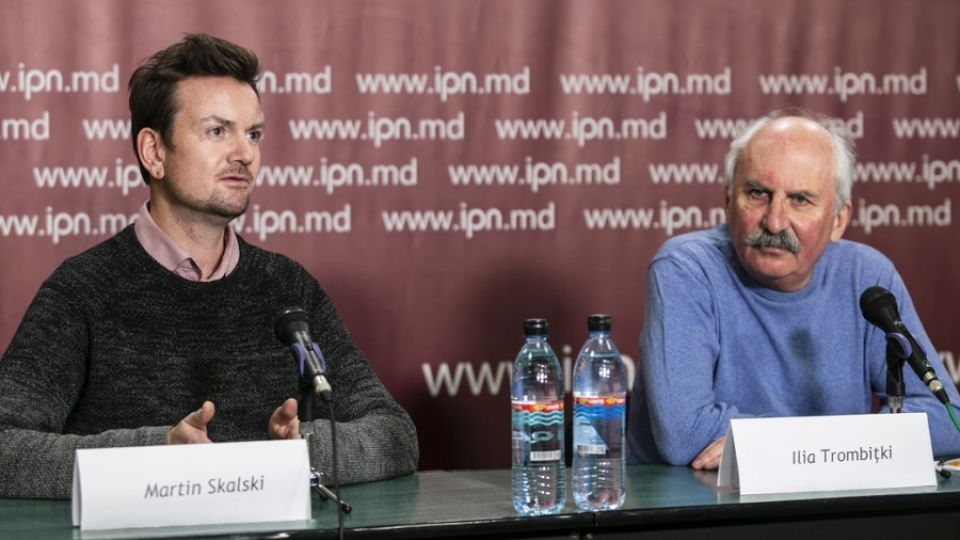For years, environmentalists in Moldova have their hands tied by not having access to information – such as data on droughts or floods tormenting the country. Despite the fact Moldova was one of the first countries to ratify the Aarhus Convention in 1999, this treaty on environmental democracy is not fully implemented till nowadays. While the state authorities are hiding information, they put obstacles in public participation in decision-making and finding solutions for burning environmental issues.
„In recent years, interest in environmental democracy has dropped and Moldova has started to neglect the requirements of the Aarhus Convention. Since 2017, the country has not submitted its national report, although in 2021 a new report must be presented for the period 2017-2021. So the country drops out of the lists of civilized countries,“ explains Natalia Zamfir, the leading author of a draft shadow report on the state of access to information, public participation in environmental issues, and access to justice in Moldova, prepared by Eco-TIRAS and Arnika NGOs.
„When the state authorities keep silent, we were glad to be able to support analysis of the current state of things done by experts of the non-governmental organizations,“ says expert on public participation of Arnika Martin Skalsky. „We are afraid that environmental rights are not on a priority list of the government. One of the reasons is probably merge of the ministries of agriculture, regional development and environment in 2017, when the latter lost its power,“ Skalsky adds.
„With the long-term inaccessibility of the data on the state of the environment, it is impossible to develop strategies and take measures to improve it. We cannot make forecasts, for example, of floods and droughts. Since Moldova is a Party to the Convention, all donors expect that information within the framework of their projects will be provided by government agencies free of charge. In reality, for all thirty years of independence, getting information that is already available means having to pay tens of thousands of dollars,“ says Ilya Trombitsky, head of Moldovan network of riverkeepers Eco-TIRAS.
Back in 2008, Eco-TIRAS reported difficulties in access to information to the Aarhus Convention Compliance Committee (2). As a result of investigation, the Meeting of the Parties adopted recommendations in 2011 obliging Moldova to elaborate a clear plan of implementation of the Convention. „The government adopted the plan, but nothing has changed in real life,“ adds Trombitsky. He mentions the cases from 2017, when the State Hydrometeorological Service requested 35 thousand dollars for the information about the river with the length of 27 km.
Notes:
(1) The United Nations’ Economic Commission for Europe Convention on Access to Information, Public Participation and Access to Justice in Environmental Matters, signed in the Danish city of Aarhus in 1998 and aimed at ensuring democracy in the field of the environment. https://aarhusclearinghouse.unece.org/
(2) Cases of alleged violations of the principles of environmental democracy are investigated by the Aarhus Convention Compliance Committee. Its recommendations are later approved or rejected by the Meeting of the Parties. In 2008, Moldovan association of the riverkeepers Eco-TIRAS has reported obstacles in access to information. In November 2020, the Ministry of Environment of Moldova admitted the problems still exist and the government was not able to take any effective measures. Details: http://www.unece.org/environmental-policy/conventions/public-participation/aarhus-convention/tfwg/envppcc/envppcccom/envppcc2017147.html







